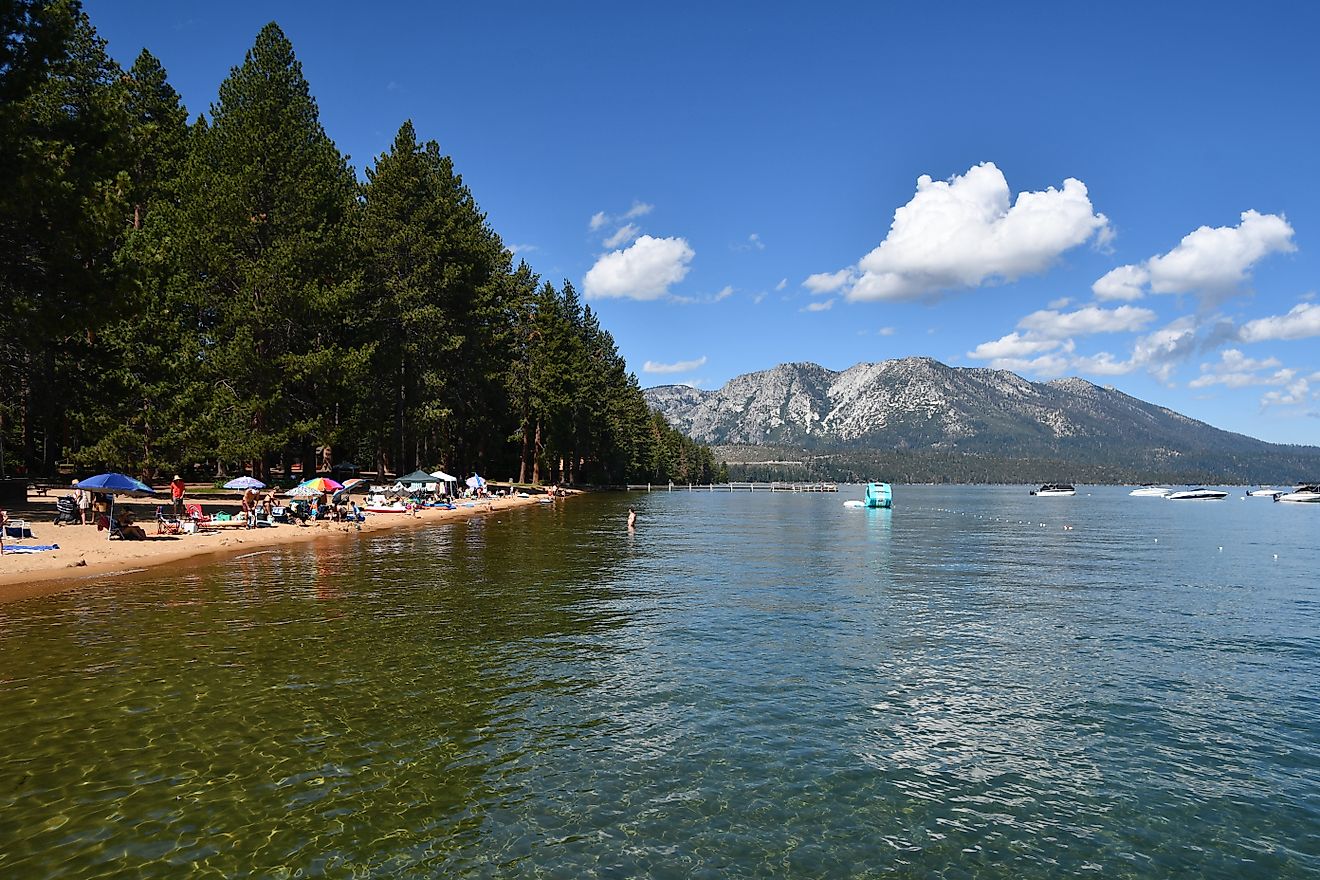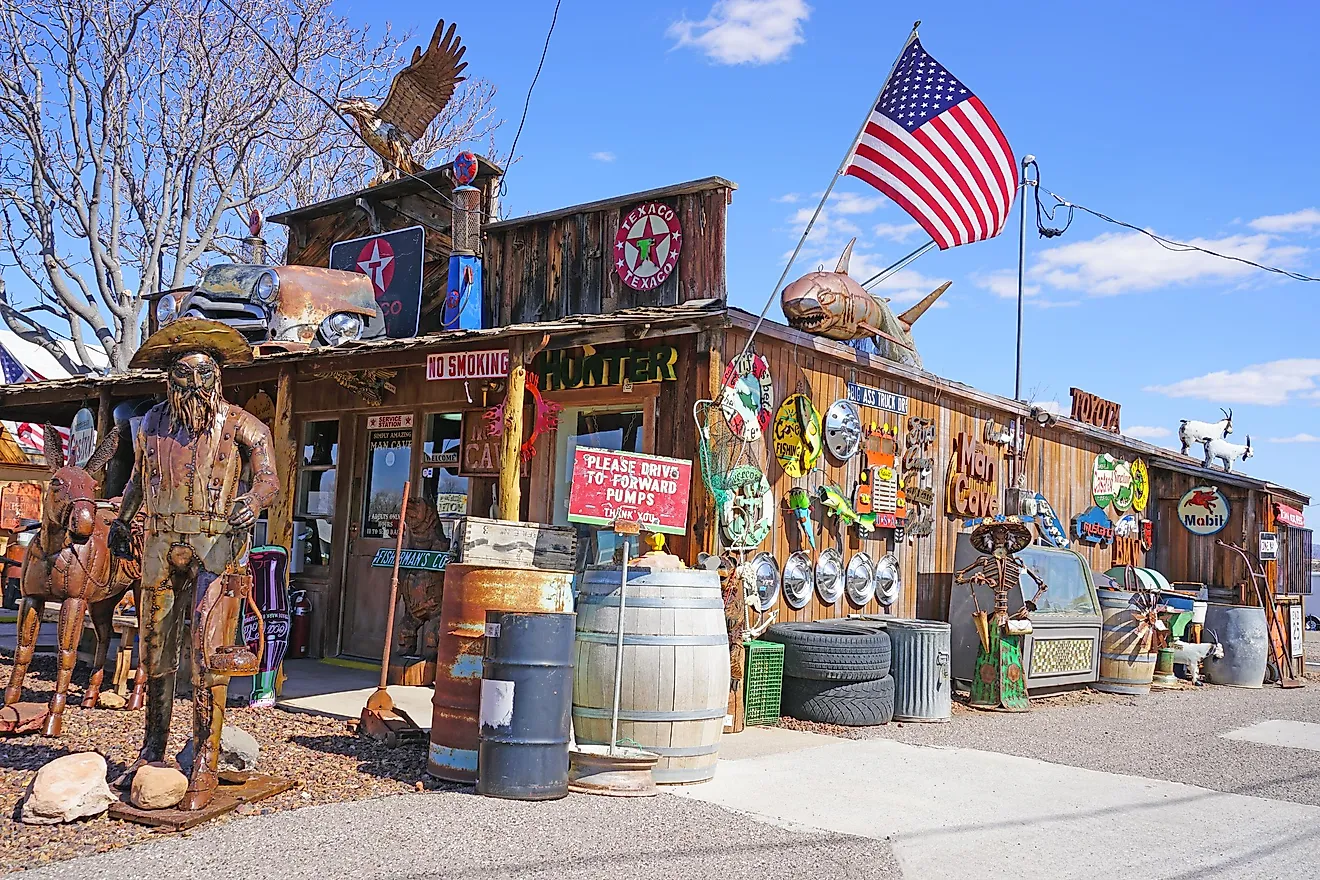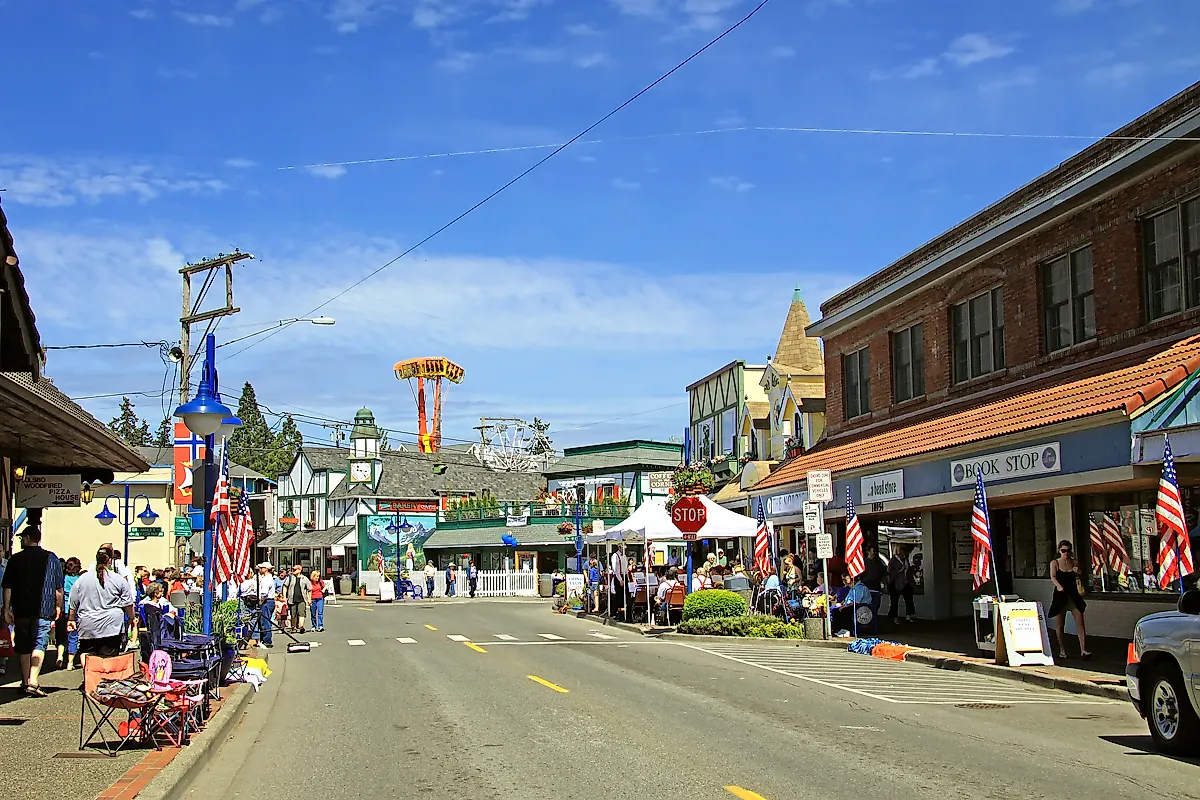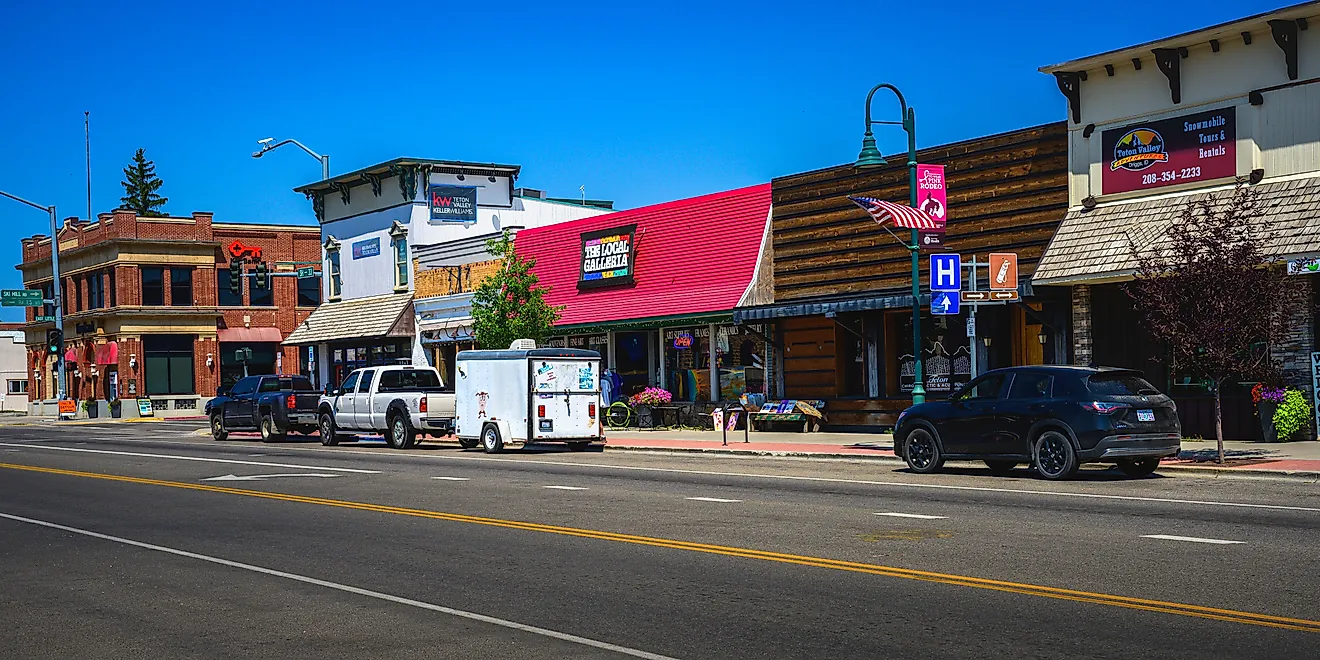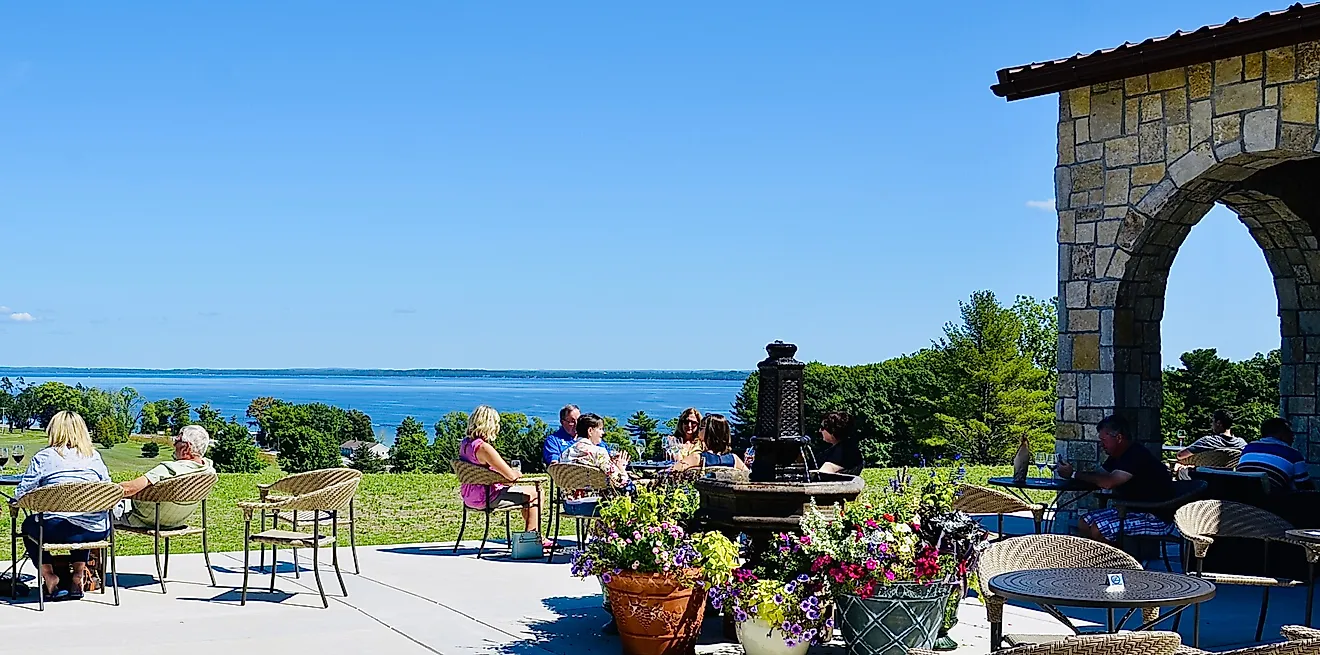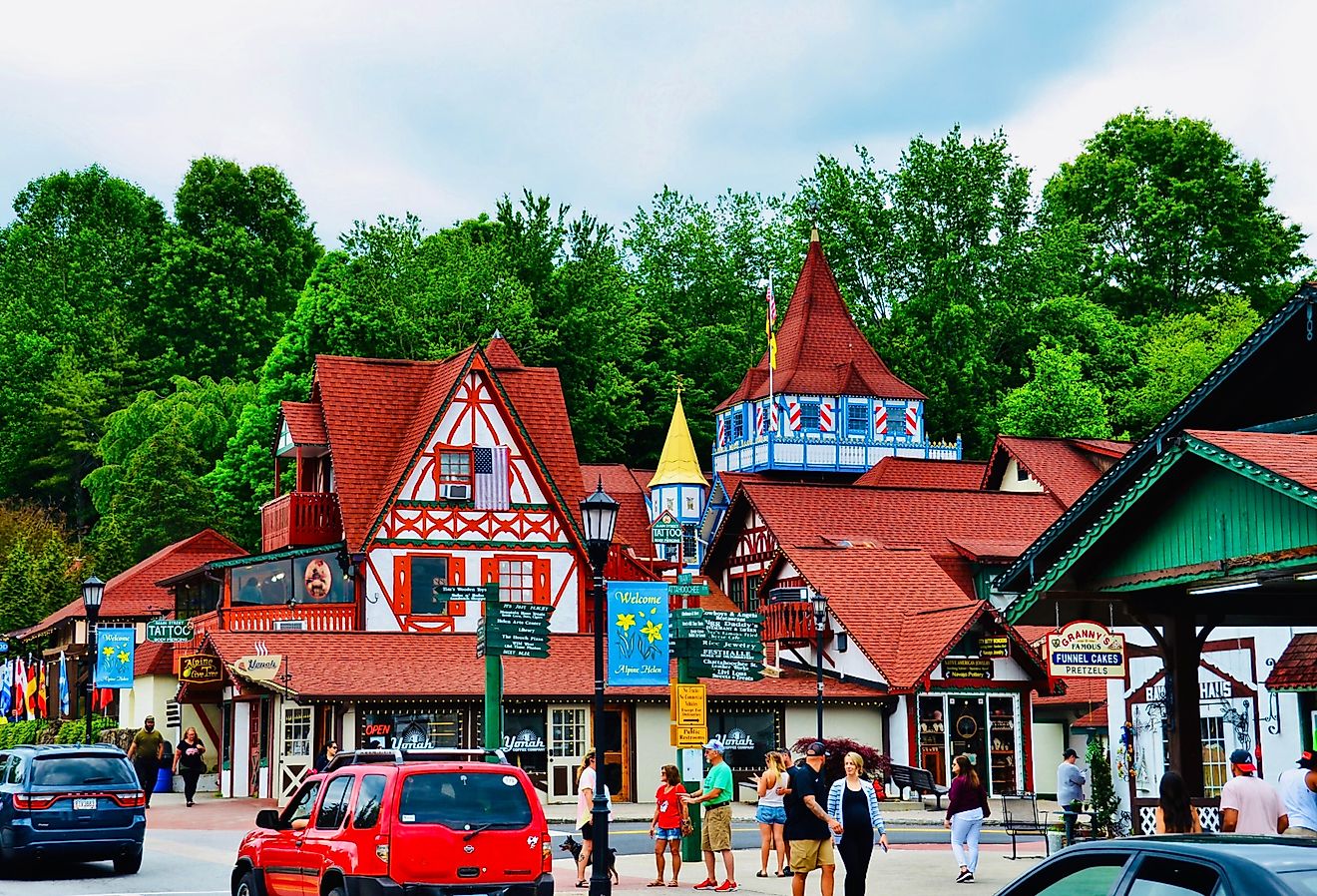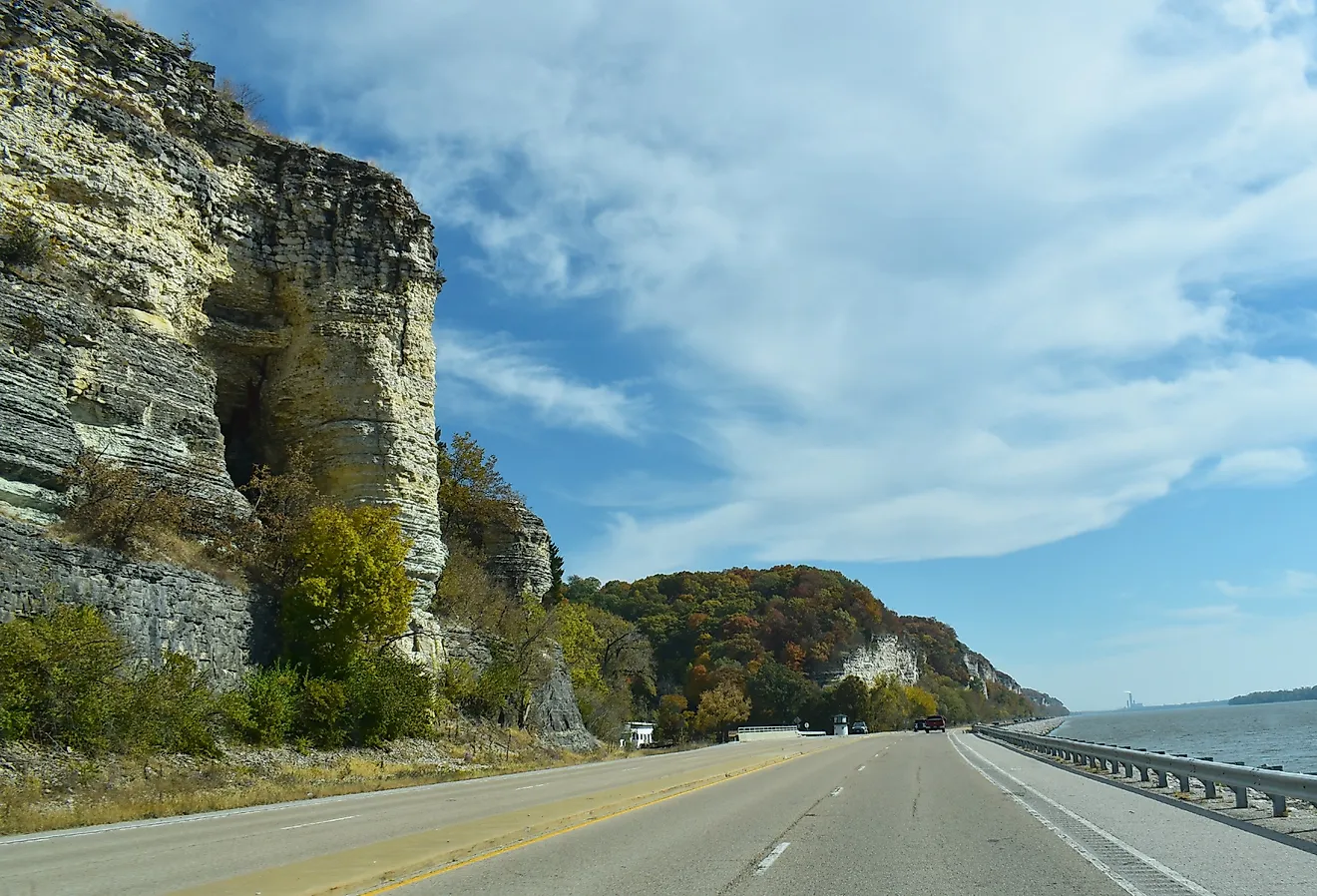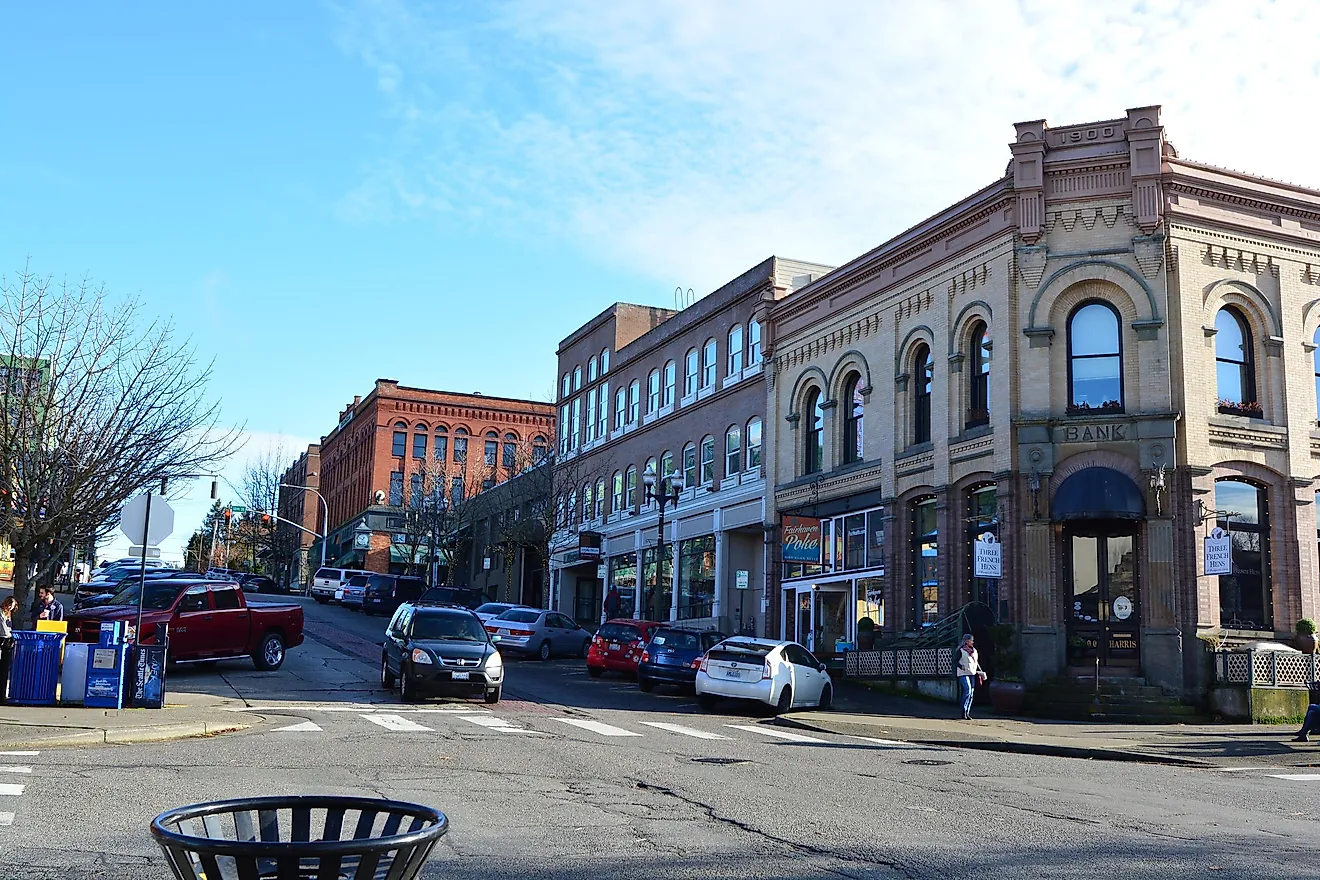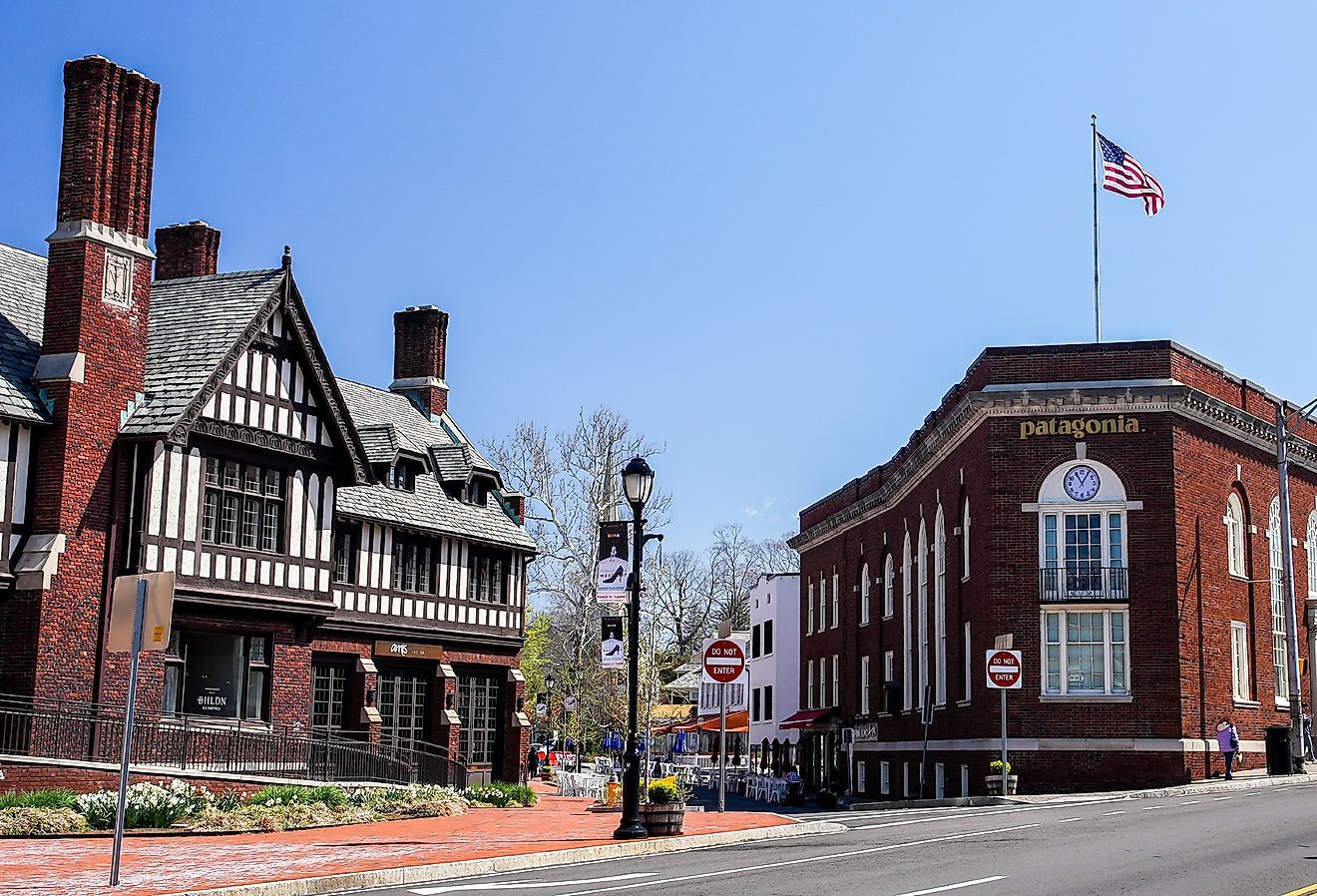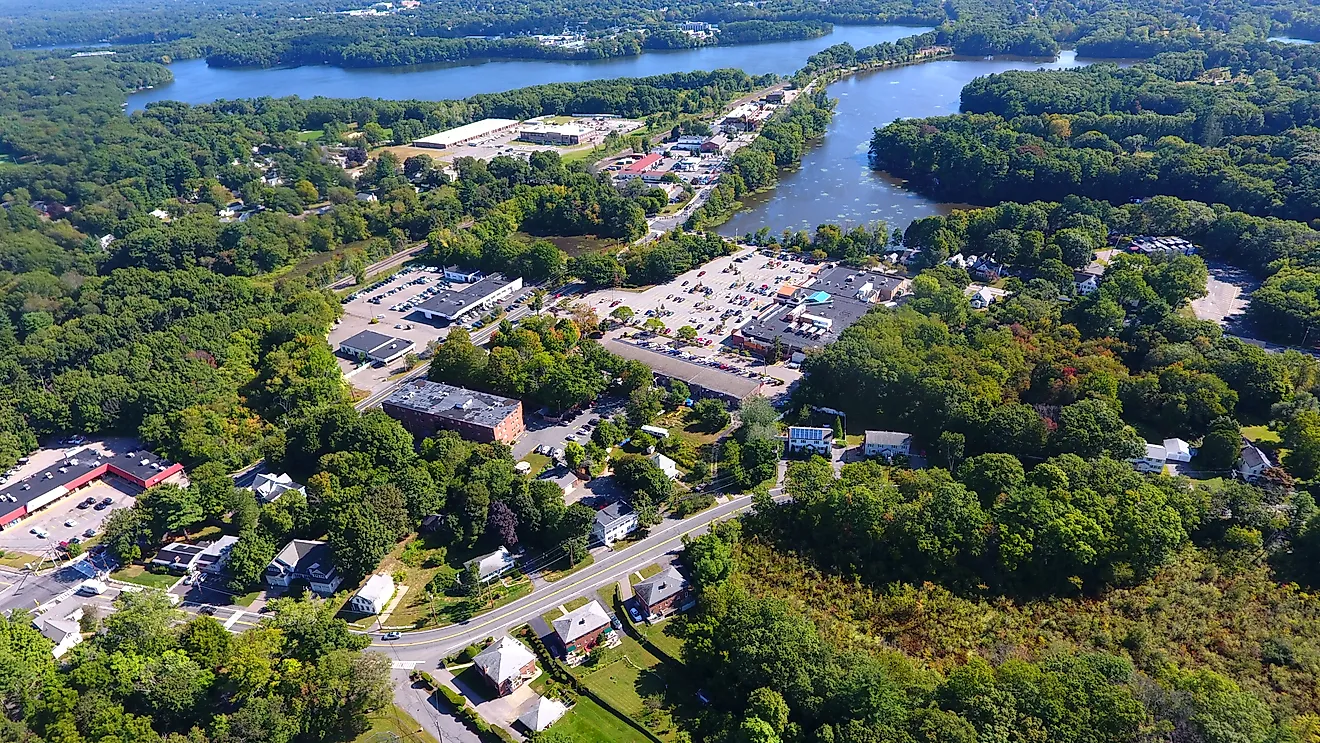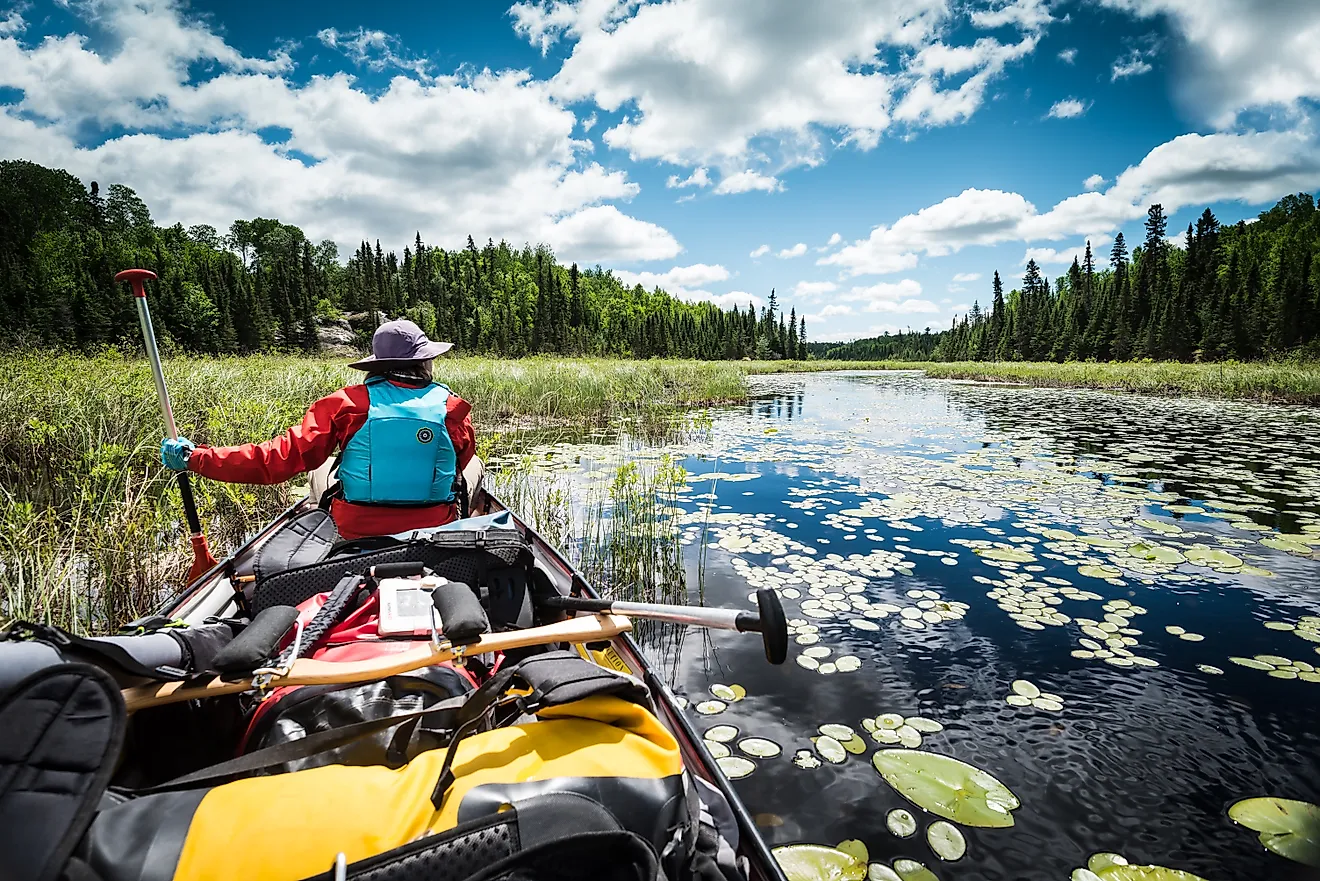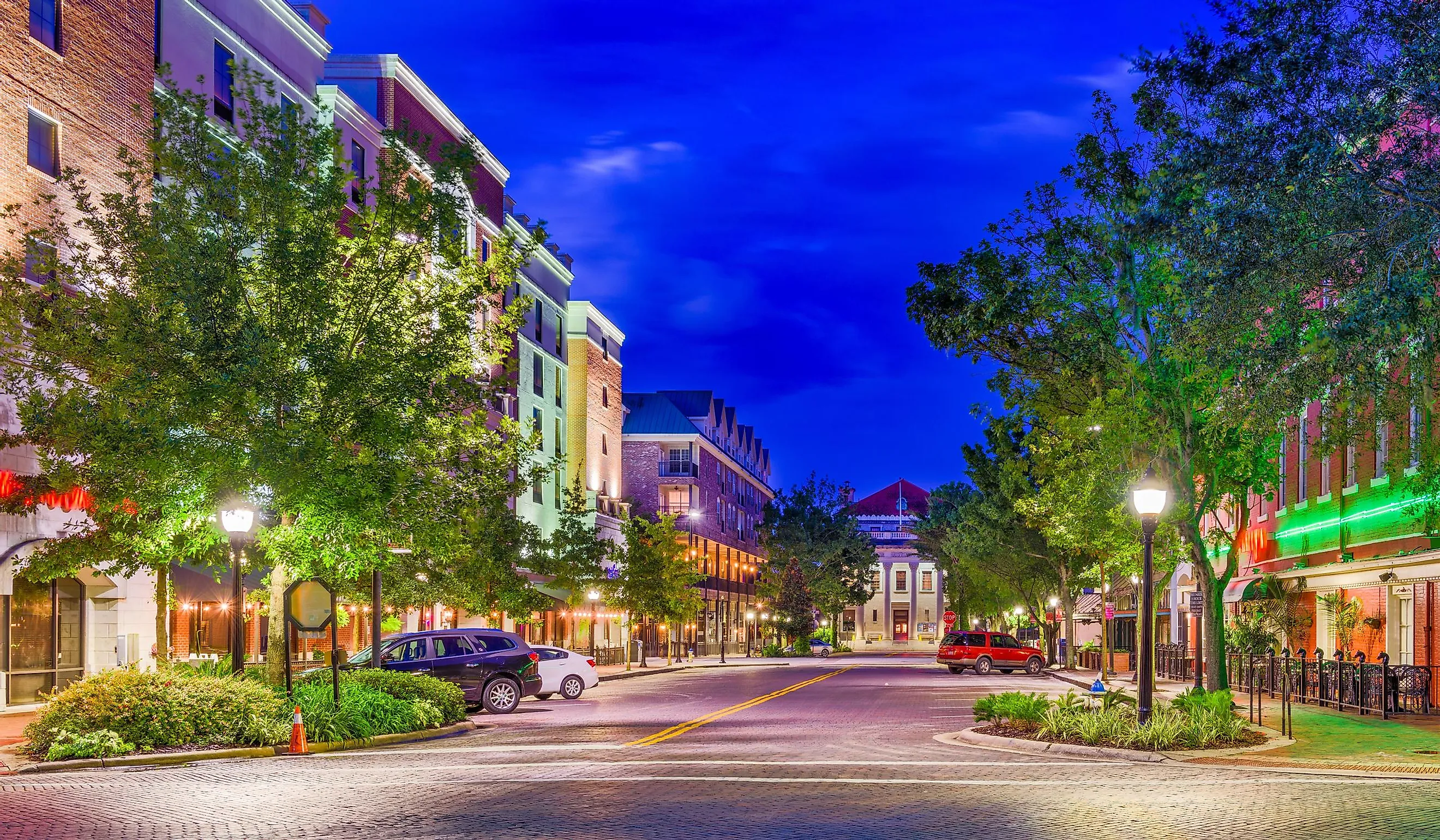
Gainesville, Florida
Gainesville, Florida, is in Alachua County in North Central Florida. It is a city of unique characteristics and rich diversity that offers a multifaceted experience to residents and visitors alike. Its hot, humid summers and mild winters create the backdrop for a range of activities that cater to an assortment of interests for sports enthusiasts, culture seekers, and nature lovers. Gainesville's historical sites and exhibitions offer a glimpse into the city's past, while its music scene and an abundance of natural springs make it a destination unlike any other in Florida. Read on to discover Gainesville and all it has to offer, from its climate, economy, and population to its many tourist attractions.
Geography
Gainesville shares a similar latitude with Houston, Texas. The city covers an area of about 65.27 square miles, with the majority being land and the remaining 1.17 square miles consisting of water, accounting for 1.79% of the total area. A dense canopy of lush trees of many species covers the area, earning it the designation of a "Tree City, USA" every year since 1982. Urban trees cover up to half of the city's land area, contributing to its green and scenic environment. The city's location makes it easy to access major cities like Jacksonville, Orlando, Tampa, Atlanta, and Miami, all within a few hours' drive. Gainesville's geography offers a unique blend of natural beauty and accessibility, making it a distinctive destination in Florida.
Wildlife
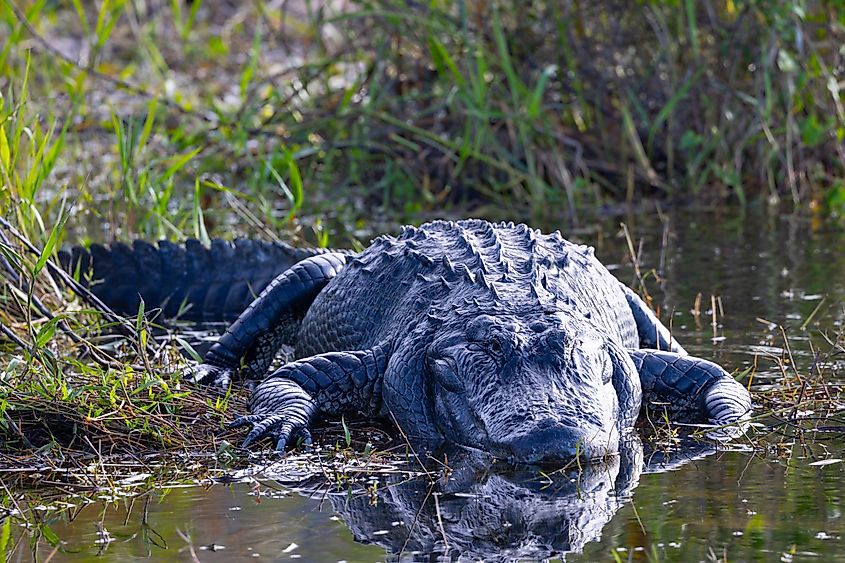
In and around Gainesville, one can encounter a diverse array of indigenous wildlife species. Among the local inhabitants are white-tailed deer, gray foxes, and eastern cottontail rabbits, commonly found in the woodlands and open spaces. Birdwatchers may observe red-shouldered hawks, barred owls, and various woodpecker species. The nearby waterways provide opportunities to spot river otters and alligators. The area's rich biodiversity includes a variety of reptiles and amphibians, such as Eastern diamondback rattlesnake. The region offers a window into the intricate ecosystem of North Central Florida.
Population and Economy
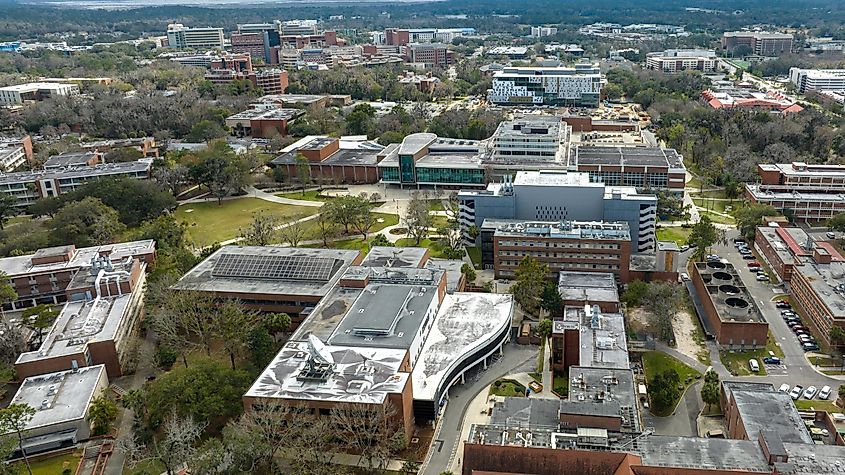
Gainesville serves as the county's administrative center in Alachua County and holds the distinction of being North Central Florida's most populous city. According to the 2020 census, the city has a population of 141,085 residents. Additionally, Gainesville is the primary hub of the surrounding metropolitan area, which, as of 2020, was home to 339,247 people. Its prominent industries are comprised of Educational Services, Health Care, and social and Retail Trade.
The cost of living is slightly above the state and national averages, with housing expenses being 12% higher than the U.S. average. However, utilities are approximately 4% more affordable. Necessities like groceries and clothing are around 4% cheaper compared to the national rates. Healthcare services, including doctor check-ups and dentistry, cost 6% less in Gainesville than the U.S. average, while non-essential expenses such as entertainment and grooming services are 4% more economical in the city.
Cultural Institutions and Places to See
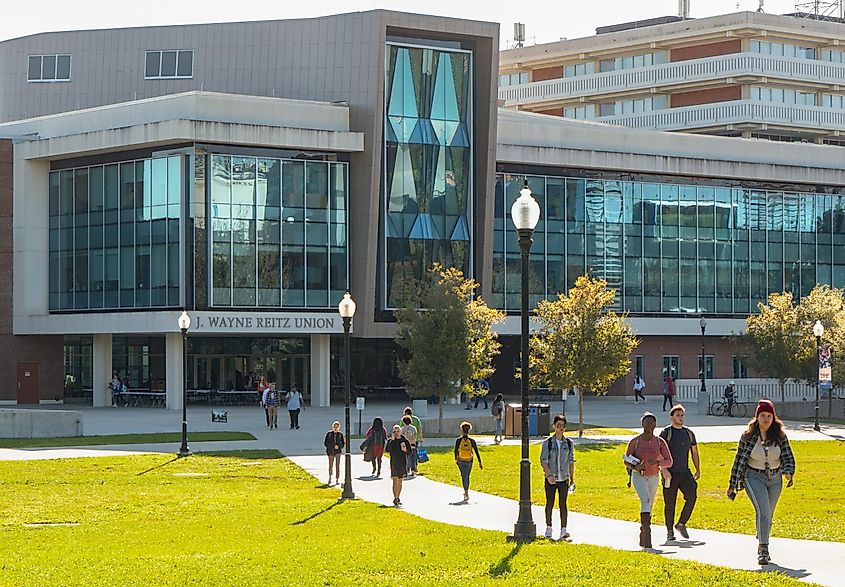
Gainesville features a variety of attractions and cultural institutions that cater to the diverse interests of residents and visitors alike. The Gainesville Symphony Orchestra has a rich history of providing classical music performances to the community. It highlights talented musicians and performs a range of classical and contemporary compositions.
The Dance Alive National Ballet professional ballet company is based in Gainesville and is known for its high-quality dance performances. They offer a diverse repertoire, including classical ballet and contemporary works.
The former residence of renowned author of The Yearling, Marjorie Kinnan Rawlings, now stands as a designated state historic site, located approximately 12 miles to the southeast of the city. This site offers visitors a glimpse into the life and work of the Pulitzer Prize-winning writer.
The University of Florida has been a vital presence in Gainesville since its establishment in 1853. Notably, it holds the position of the fourth-largest public university campus in the States. The university is a hotbed of innovative research in fields like medicine, agriculture, and engineering, making it an attractive destination for scholars and researchers worldwide.
Beyond its academic contributions, the university serves as a cultural and intellectual center with a campus showcasing a mix of modern and historic architecture. Notably, the iconic Ben Hill Griffin Stadium, known as "The Swamp," draws sports enthusiasts for its electric atmosphere during Florida Gators' National Collegiate Athletic Association (NCAA) competitions.
Moreover, the Samuel P. Harn Museum of Art, located on the southwest part of the campus, houses over 10,000 artworks and contributes to the cultural significance of the university.
Paynes Prairie Preserve State Park
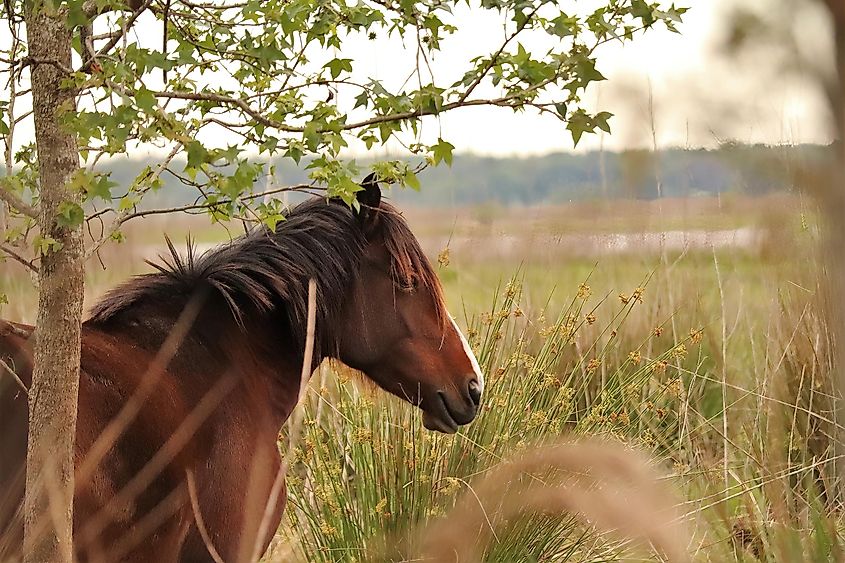
Sports enthusiasts can also enjoy the Paynes Prairie Preserve State Park, renowned for its extensive wildlife and natural beauty. The park has been a center of ecological preservation and outdoor recreation since its establishment in 1971. Its allure lies in its diverse ecosystems, from wetlands and prairies to forests, providing habitats for alligators, bison, horses, and various bird species. In fact, nowhere else in Florida can guests observe bison. Particularly of note, the Alachua Sink, a geological wonder within the park, diverts water underground into a vast limestone cavern. Visitors can explore a network of trails, observation points, and a visitor center offering insights into the park's ecological significance and historical heritage.
The Florida Museum of Natural History
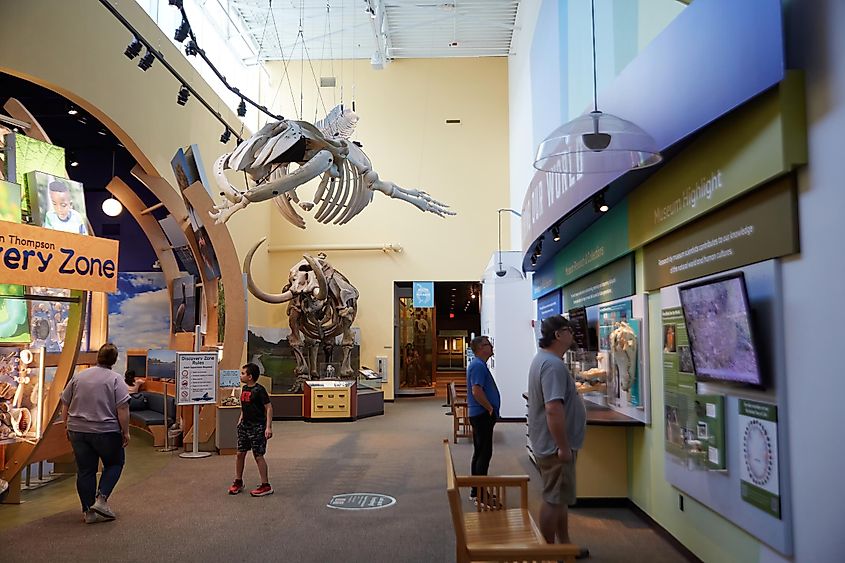
The Florida Museum of Natural History, established in 1891, celebrates the rich natural heritage of the state. It highlights a wide range of fossils, artifacts, and specimens, offering a comprehensive exploration of Florida's biological and geological diversity. Notable attractions include the Montbrook Fossil Site. Fossils found at the site include the remains of large mammals like mammoths and mastodons, as well as ancient horses, tapirs, and other creatures that once roamed the region. Additionally, the site has produced fossils of various reptiles, including alligators, turtles, and extinct species like the giant tortoise. Also, at the museum, there is the Butterfly Rainforest, home to free-flying butterflies.
A Brief History of Gainesville
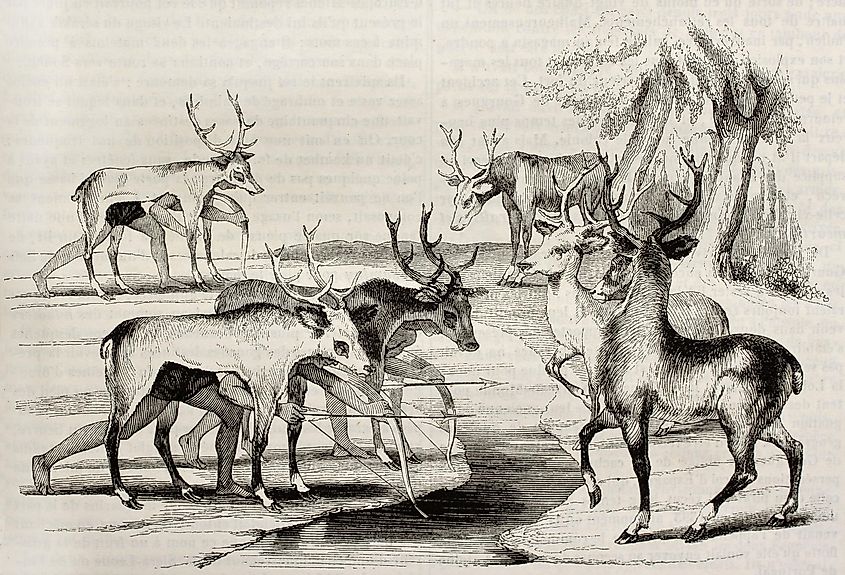
When Europeans arrived, the Potano, descendants of the Alachua culture, inhabited the area. European contact led to a decline in native populations due to disease, enslavement, and war. In the 18th century, Spanish colonists began cattle ranching in Paynes Prairie. Spain ceded Florida to the United States in 1821. Then, Gainesville was established in 1854 and took its name from Edmund P. Gaines. It obtained official city status in 1869. In 1906, the University of the State of Florida relocated from Lake City to Gainesville, subsequently adopting the simpler moniker "University of Florida" in 1909.
Gainesville, Florida, is a unique and multifaceted destination. The city's greenery, diverse wildlife, and geographical accessibility contribute to its distinctive character. With a thriving economy, the city offers a balanced cost of living. Culturally, the city features institutions that make it a vibrant environment for arts and education. Natural attractions, such as parks and museums, further enhance Gainesville's appeal. From its indigenous roots to its establishment, the city seamlessly combines history, nature, and cultural richness.
